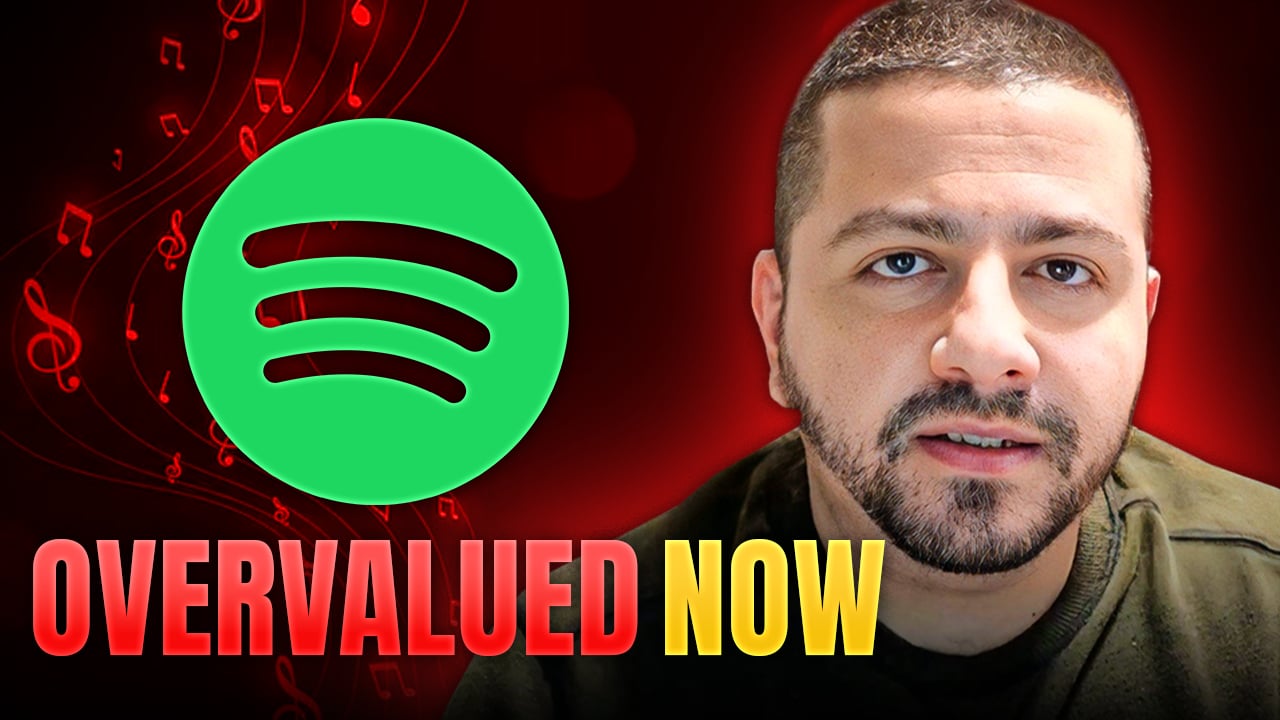Spotify (SPOT 0.63%) had said it was prepared to spend up to $500 million in 2019 on acquisitions to boost its podcast ambitions, kicking off the year by buying Gimlet Media, Anchor FM, and Parcast for a total of 358 million euros, which is about $387 million at current exchange rates. The company recently announced the purchase of The Ringer as part of its podcast push. Blomberg put the cost of that acquisition at about $250 million.
Is this money well spent?
When Spotify released its third-quarter 2019 earnings report in late October, the company revealed data showing that its podcast content strategy seemed to be working wonders. In its letter to shareholders, Spotify talked about an "exponential growth" in podcast hours streamed -- up 39% quarter over quarter -- and the company said it was seeing some indication that podcast content was having a positive impact on user engagement and the growth of its premium subscribers.
And with its latest quarterly update from early February, Spotify showed podcast content continues to be a slam dunk. It now seems clear that podcast content will be a growth engine for Spotify for the foreseeable future.
Strong and growing user engagement
Spotify reported that podcast hours streamed on its platform increased by approximately 200% year over year in the fourth quarter and noted that more than 16% of users engage with podcast content. Spotify offers mroe than 700,000 podcast titles. The company said it is "now seeing clear indications that podcast usage is driving increased overall engagement and retention. We have seen early indications that our investments in podcasts are having a positive impact on conversion of free to paid users."

Image source: Getty Images.
Spotify's podcast business has one major advantage over its music business. The music the company streams is owned by record labels, and Spotify has to pay royalty fees to these third parties. By contrast, Spotify doesn't have to pay royalty fees for podcast content that it owns. So the podcast business could help the company improve its margins.
If Spotify's podcast content does indeed boost its ability to retain users, as well as turn nonpaying users into paying customers, that would mean the company's podcast strategy is having a positive effect on its top line. The company derives revenue from its premium subscribers and from advertisements. Given what we know now, it looks like Spotify could have hardly hoped for a better outcome when it first decided to increase its spending on podcast content.
Looking forward
During the fourth quarter, Spotify's monthly active users (MAUs) numbered 271 million, a 31% increase compared to the year-ago period. Also, the number of premium subscribers grew 29% to 124 million, while total revenue of 1.9 billion euros (about $2.04 billion at the current exchange rate) increased by 24% compared to the prior-year quarter. Armed with the knowledge that its podcast content strategy is (at least in part) responsible for its strong performance, Spotify is planning to keep its foot on the gas.
"We will continue to invest in our podcast efforts as we're seeing that our strategy is having tangible results on our business, and given that, we will continue to invest for growth," CEO Daniel Ek said during the company's fourth-quarter earnings conference call.
Note that Spotify recently made another major acquisition. The company acquired The Ringer, a creator of podcast content, especially sports-related content. Spotify did not disclose the financial terms of the deal, but according to some reports, the company submitted an upfront payment of $200 million, with another payment of $50 million to be delivered at a later date. With this acquisition, Spotify has spent over $600 million on its podcast content strategy.
That may, however, be money well spent, since Spotify's podcast content strategy could help the company fend off the increasingly strong challenge from competitors in the digital music industry. For instance, Amazon recently announced that it had more than 55 million listeners -- and growing -- on its Amazon Music app. Of course, Apple is another major player in this space, and Apple Music boasts more than 60 million subscribers. Competition from these tech giants is probably one of the reasons why Spotify decided to invest in podcast content, and if the data we have so far is any indication, the company's decision was a great one. And with 169 million euros (about $182.5 million) in free cash flow in the fourth quarter -- which was a 101% increase year over year -- investors can expect Spotify to spend more money on its podcast content strategy.
The stock is worth a look
Is it worth buying shares of Spotify? One of the biggest knocks against the company remains that it is currently not consistently profitable. Spotify recorded a net loss of 77 million euros (about $83.4 million) during the fourth quarter, and that is after the company recorded a profit of 94 million euros ($101.2 million) during the fourth quarter of 2018. With that said, Spotify's core business can still grow, and its investment in the podcast content segment is a smashing hit. For those reasons, Spotify is definitely a tech stock worth serious consideration.






